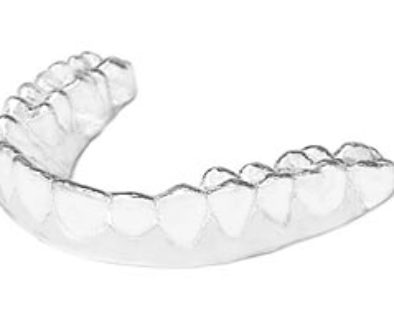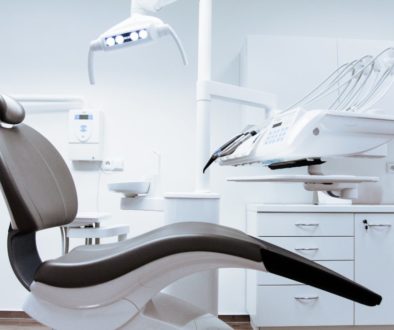What and When Can I Eat After Dental Work?
 I work full time as a general dentist in addition to running this website. On a daily basis I do fillings, crowns, root canals, and extractions. Without fail, when I sit my patients up and explain what we did that day and ask if they have any questions they’ll ask me “When can I eat after my fillings/crown/root canal/extraction?” and follow that up with “What can I eat after my fillings/crown/root canal/extraction?”. On special days like St. Patrick’s Day or New Years Eve, people are also very concerned about what beverages they are allowed to consume. I’ll
I work full time as a general dentist in addition to running this website. On a daily basis I do fillings, crowns, root canals, and extractions. Without fail, when I sit my patients up and explain what we did that day and ask if they have any questions they’ll ask me “When can I eat after my fillings/crown/root canal/extraction?” and follow that up with “What can I eat after my fillings/crown/root canal/extraction?”. On special days like St. Patrick’s Day or New Years Eve, people are also very concerned about what beverages they are allowed to consume. I’ll
In all cases I recommend waiting for the numbing agent to wear off before eating anything that you have to chew. Chewing with a numb mouth is an easy way to chew up your cheek or tongue. In most cases the numbness should wear off within 2-3 hours after leaving the dentist. In some cases (usually for bottom teeth) you may be numb up to 4-5 hours after. That doesn’t mean you can’t eat anything. Try eating food that you don’t have to chew. I recommend mashed potatoes or a milkshake. You can drink most things that you feel comfortable with. The only exception are really hot beverages as these could burn the numb area without you knowing it.
Once the numbness wears off, it depends on what you had done as to what you should eat.
Amalgam / Silver fillings:
These type of fillings have a hard initial set within 3-5 minutes after being placed but don’t fully set for about 24 hours after placement. Stay away from anything especially hard with these types of fillings for at least that first 24 hours. After 24 hours you can return to a normal diet.
White fillings:
White fillings are fully set before you leave the dentist. You can eat a normal diet as soon as the numbness wears off.
Crown appointment with a temporary crown placed:
Most dentists still do crowns in two appointments. During the first appointment, the tooth is prepared for the crown and a temporary crown is placed and cemented with a temporary cement. Both the temporary crown and temporary cement are far weaker than their permanent counterparts. You’ll want to avoid anything sticky or especially hard while you have the temporary on. The major culprits for these crowns coming off are things like gum and candy. If the temporary crown does come off, make sure to get back to your dentist quickly to have it recemented.
Same day crowns:
Some dentists have technology in their office that allows them to create your crown the same day that the tooth is prepared. You go home with the permanent crown already on the tooth. Most of these crowns are bonded directly to your tooth and this bond is fully set by the time you go home. You can eat normally as soon as the numbness wears off.
Extractions:
If you had an extraction or several done, you’ll need to be a bit more careful with what you eat. For the first several days you’ll want to avoid any especially hot beverages. Hot beverages can dissolve the clot in the socket and give you a dry socket (not fun!). No straws should be used for drinking beverages for at least a week. For food you’ll want to avoid anything spicy or acidic (like orange juice) for the first couple of days. They can sting or burn quite a bit. You’ll also want to avoid hard or sharp foods that may reinjure the area. Tortilla chips are one of the major culprits here. A somewhat soft diet for the first couple of days to a week or so can help the area heal more quickly.
Root Canal:
Root canals are probably the most tricky out of all of them. A tooth with a root canal is significantly weakened and more likely to fracture if force is put on it the wrong direction. Long term, most teeth that get a root canal should get a crown quickly after the root canal has been completed. Most of the time, a temporary filling is placed in the tooth until the crown can be done. I highly recommend avoiding hard foods on that tooth until the permanent filling or crown has been done. It is always sad when someone spends a lot of money on a root canal only to break the tooth shortly afterward and lose it anyway.
Teeth that have had root canals are also likely to have some biting soreness for a couple of days up to several weeks following treatment. Staying to a relatively soft diet can reduce the trauma to the tooth and allow it to heal more quickly.



